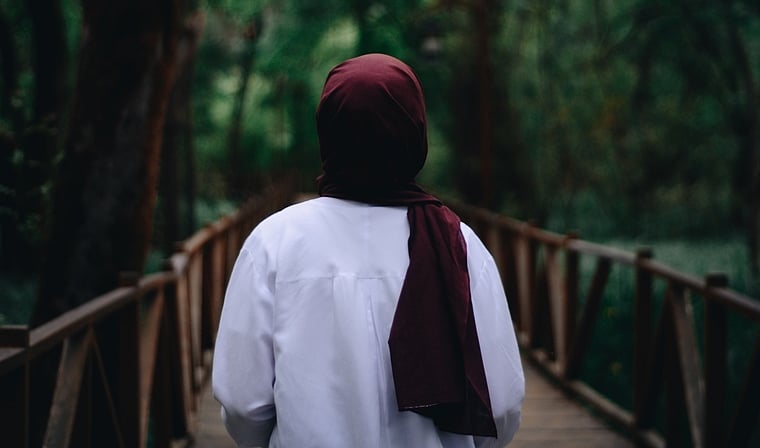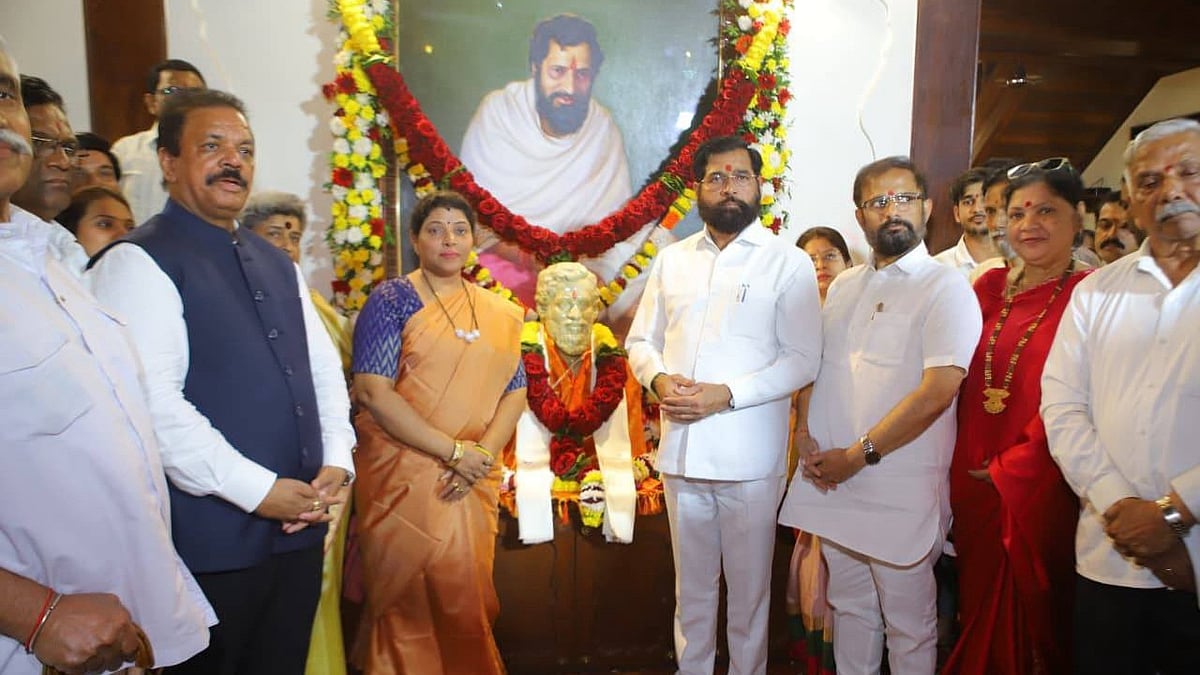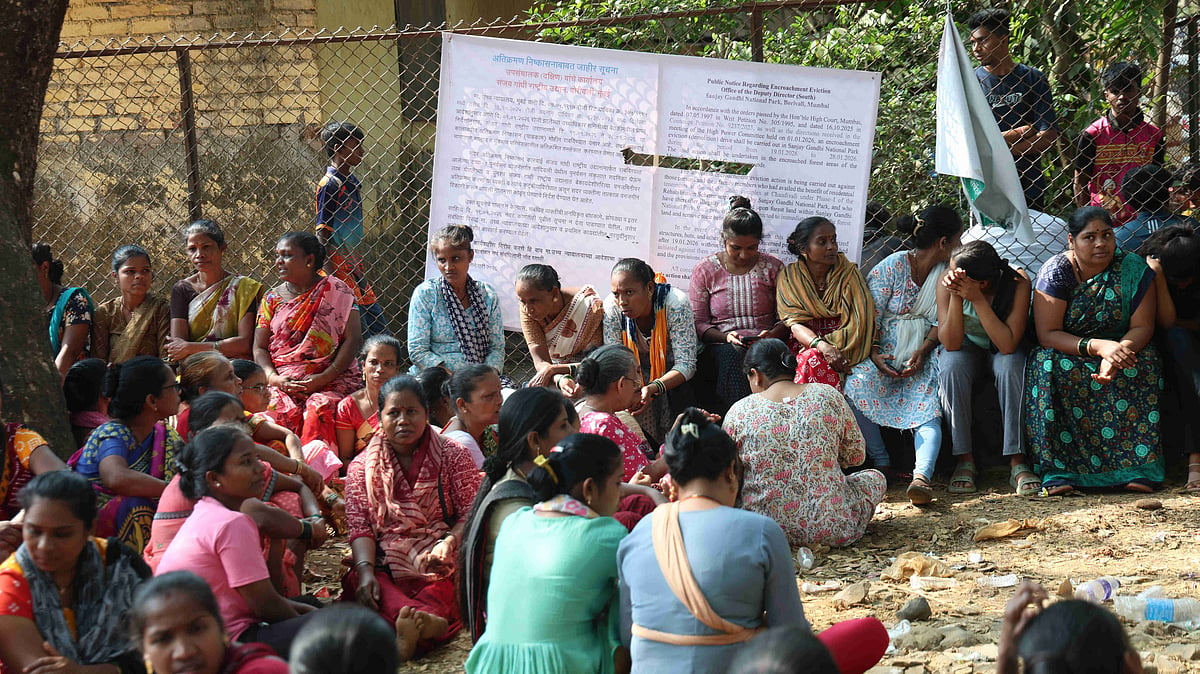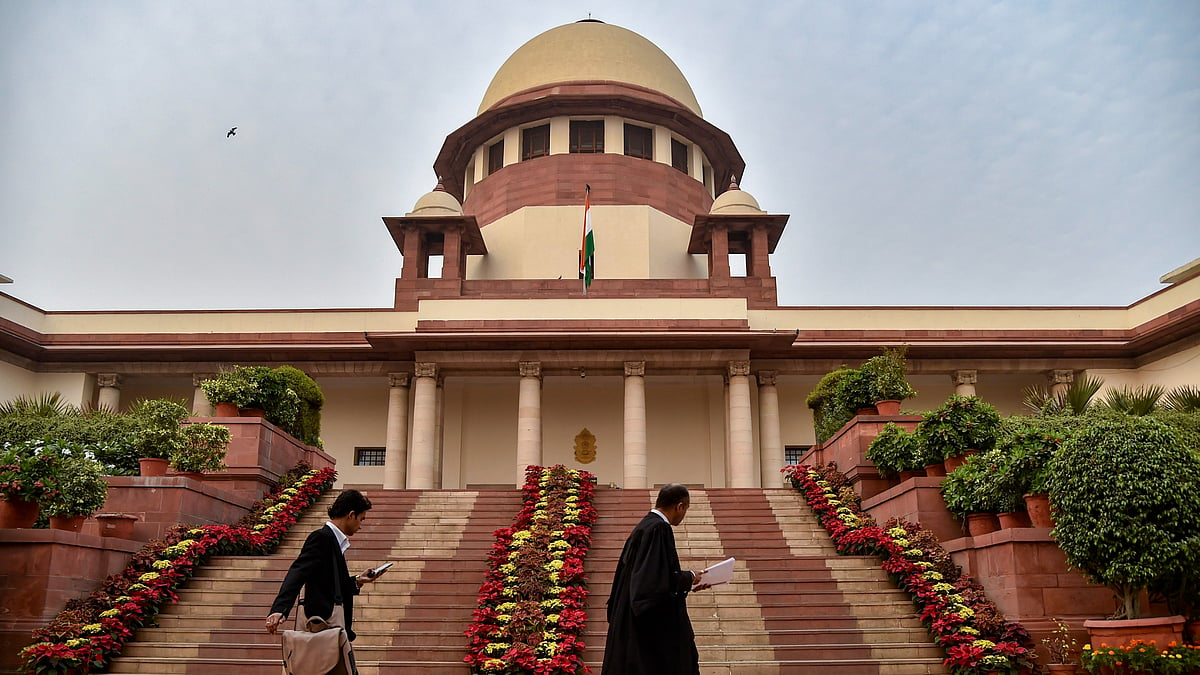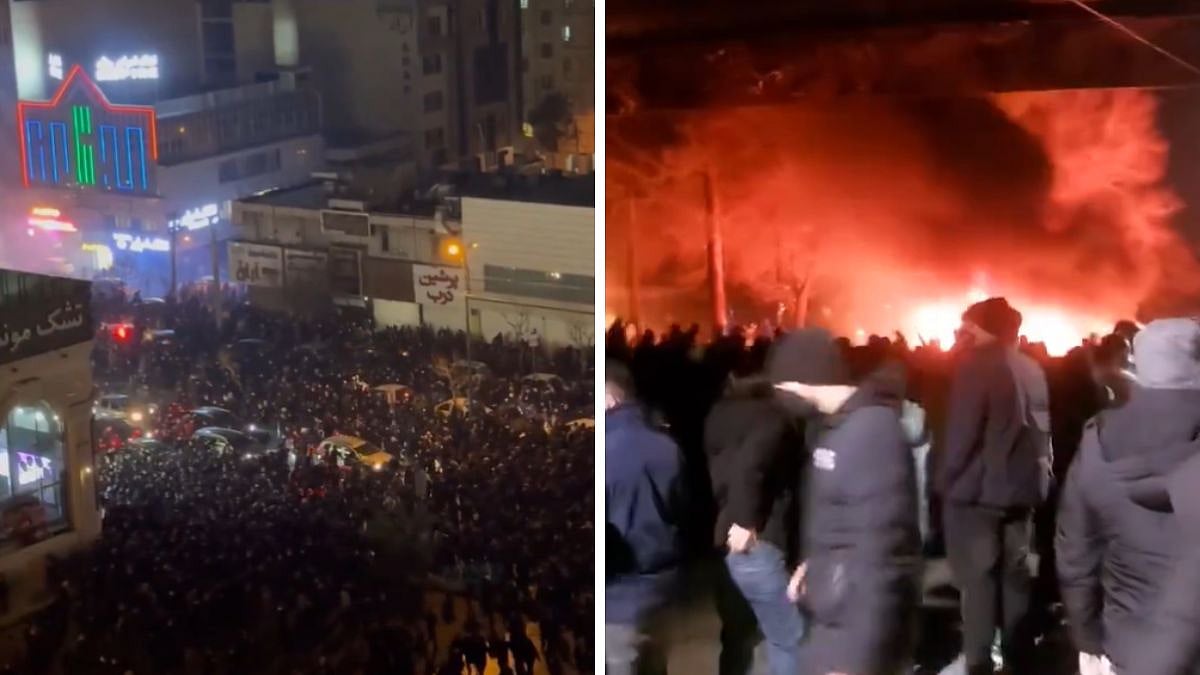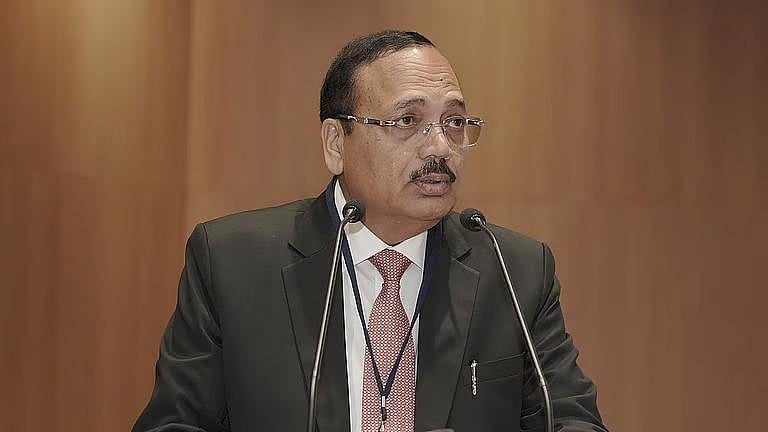The split verdict by a two-judge bench of the Supreme Court on October 13, on the validity of the Karnataka High Court’s judgement relating to banning of hijab in state-run schools and pre-degree colleges in Karnataka, has once again brought back focus on the hijab row that erupted suddenly in coastal Karnataka earlier this year. The debate over the hijab issue has so far been whether wearing headscarf is essential to Islam and if so, should Muslim girls be allowed to wear it in secular educational institutions. But the important issue that attracted less attention has been the freedom of choice and right to privacy.
Justice Sudhanshu Dhulia’s dissenting judgement has rightly brought back focus on these aspects, both of which are fundamental rights. Another issue that his judgement has stressed on is the girl child’s education, also a fundamental right. Though the split verdict does not change the status quo and the Karnataka High Court’s order upholding the hijab ban stands, it is still significant because Justice Dhulia, in his divergent opinion, recognises that the hijab is purely an issue of a of girl student’s faith-driven choice that cannot be violated. Consequently, denying the right entails denial of education to a vulnerable section of society.
Amid divergent views on hijab, Justice Dhulia’s judgement is significant: it recognises, apart from the right to wear hijab, secular education of girls, particularly Muslim girls, is an important issue that cannot be overlooked. While echoing the petitioners’ concerns, he has rightly emphasised on the education of girls for whom reaching the school gate is still not easy and denying them the right to wear hijab does not make their life any better. The ban on hijab in Karnataka can thus adversely affect education of Muslim girls, particularly of the poorer section.
There is nothing sacrosanct about the school uniform. Hijab is just an accessory for covering the head and it does not, as Justice Dhulia has noted, “disturb equality, integrity and public order” in schools and colleges. Thus, the Karnataka government’s contrary argument to justify its ban on hijab holds no ground. If religious beliefs cannot be carried to a secular school maintained out of State funds, as Justice Hemant Gupta has said, then one must ask what about an individual’s fundamental rights to freedom of religion, religious practice, privacy, dignity and autonomy in a secular democracy?
It is difficult to determine whether hijab is indeed mandatory in Islam and the courts are certainly not the fora for deciding theological issues. Significantly, both the judges of the Bench seemed to agree that believers or worshipers are the best persons to interpret whether a practice is essential to their religion or not. It is regrettable, therefore, that the Karnataka High Court, instead of dealing with the issue from the point of view of right to freedom of choice and education, went into determining whether hijab is essential in Islam. In Justice Dhulia view, the high court erred in evaluating the rights of the petitioners only on the touchstone of religious practice.
In his assessment of the dispute, Justice Dhulia has said that “if the belief is sincere, and it harms no one else, there can be no justifiable reason for banning hijab in a classroom”. It is noteworthy that he referred to the 1986 SC judgment in the Bijoe Emmanuel case as the guiding light to back his landmark judgement on the hijab issue. In the Bijoe Emmanuel case, the SC had quashed expulsion of three students of Jehovah faith for not reciting the national anthem at school assembly. The court ruled that since the students stood up in respect at the time of national anthem, they could not be said to have violated school discipline.
The hijab means different things to different women. It’s a complex issue to debate, simply because it’s a combination of choice, religion and individuality. Some women want to wear it, many don’t. The assumption that all women who wear the hijab do so under coercion is wrong; it devalues the choice of a woman. And to say that all Muslim women are required wear hijab under Islam also denies choice to Muslim women. Dressing modestly is obligatory in Islam and if some women think headscarf is essential for their modesty and privacy, their choice should be respected.
In the current Islamophobic world, hijab makes an excellent political theatre. Politicians of all hues are using hijab as a convenient tool to further their ideological agenda in order to consolidate their political power. On the one hand, there are the conservative ruling elites/clergy in the Islamic world who consider hijab as a requirement for all Muslim women in public spaces, on the other, politicians in the so-called “secular” countries, including India, want to forbid wearing the hijab in order to impose their own self-serving version of secularism. In this conflicting binary, women are not supposed to have a say.
The way the hijab row started in Karnataka and was politicised and given a spin needs no elaboration. It comes as no surprise that right-wing leaders and commentators are asking if women in Iran are protesting against hijab, why are Indian Muslims not doing the same instead of doing everything to defend it as Muslim women’s fundamental right. Merely comparing protests for hijab in a democracy and against it in a theocracy is missing the common link between the two: both the protests are against government orders that restrict women’s freedom of choice.
The important issue in the hijab row is not whether one supports or opposes hijab but the question of choice. After the Supreme Court’s recent landmark judgement on abortion, one hopes that the larger bench of the court will view the issue in a progressive way, keeping in mind the importance of girls’ education and their empowerment.
The writer is a senior independent Mumbai-based journalist. He tweets at @ali_chougule
